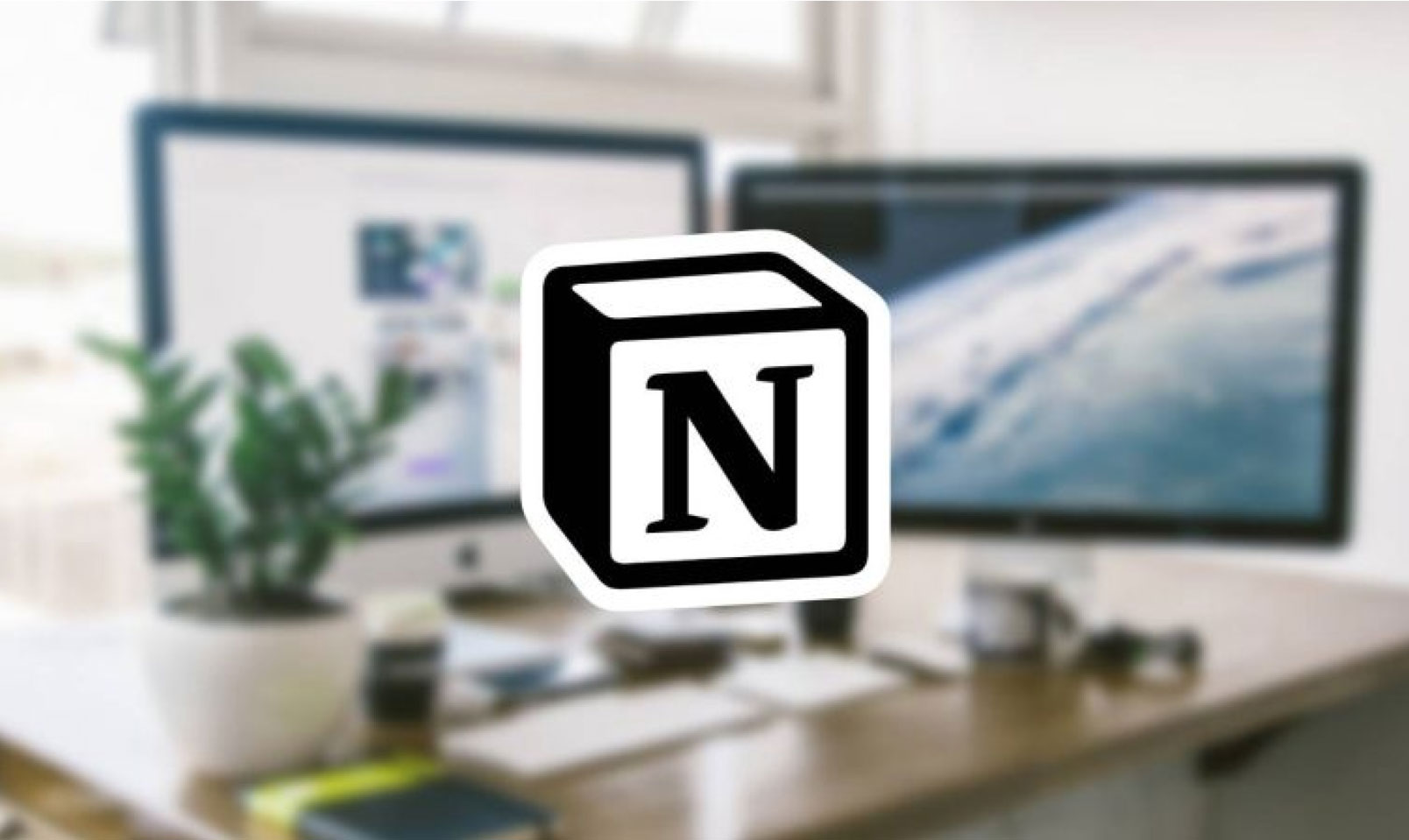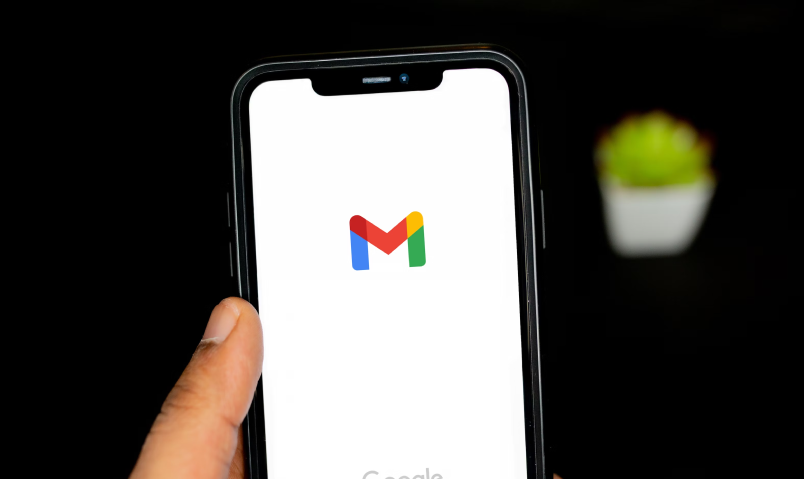Introduction
Know our services
Have you heard of the metaverse? If you’re unfamiliar with the term, in a nutshell, it refers to an environment where humans interact socially and economically as avatars in a cyberspace, functioning as a metaphor for the real world but without its physical or economic limitations.
The rise of the metaverse, the proliferation of NFTs (encrypted digital assets), and virtual worlds have opened doors for companies to enhance their online presence and reach their target audience more effectively. Major companies like Starbucks, Louis Vuitton, Nike, Adidas, and Givenchy, among others, have embraced the metaverse by creating events, concerts, exhibitions, access to limited-edition collections, and video games that can only be experienced virtually. If you want to learn more, keep reading.
Starbucks partnered with metaverse platforms like Decentraland to create personalized virtual experiences for its customers. For instance, they created a virtual café where users could experiment with different drinks and brand products in an online environment, allowing them to explore the products more deeply before making a real purchase.
The brand also participated in the virtual event MetaverseX (a game) where it showcased its virtual café and shared its vision on how virtual reality technology can enhance the customer experience in the future. Starbucks decided to go further and organized its own virtual events, inviting its followers and customers to participate.
Switching industries, we come to Louis Vuitton, which celebrated the birth of its creator (over 200 years ago) by developing “Louis The Game,” a video game. In this game, players can run, jump, and collect items along the way. They can also customize their character with different patterns and color combinations from Louis Vuitton’s monogram and learn about the fashion designer’s history through a collection of postcards and other memorabilia.
Similarly, Nike launched an online gaming zone in Roblox called “Nikeland,” where users could create their own avatars and engage in virtual sports activities. They were offered the option to choose Nike apparel and sneakers, which are regularly updated with the latest models.
Other renowned brands like Adidas and Givenchy have also joined the metaverse trend. Adidas released its virtual shoe collection on a virtual platform, and people, through digital avatars, got to explore their “Ozworld” collection. Givenchy, on the other hand, presented its line of perfumes in Roblox (a video game with over 50 million daily visitors) called their “Givenchy Beauty House.”
Regardless of your industry, reputation, or history, venturing into virtuality and experimenting with alternatives like video games, avatars, and virtual collections can be a great option to boost your digital presence and capture your users’ attention.









